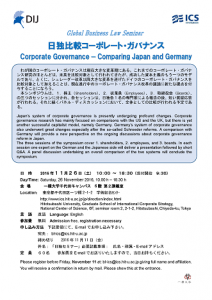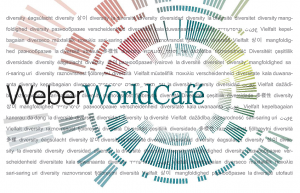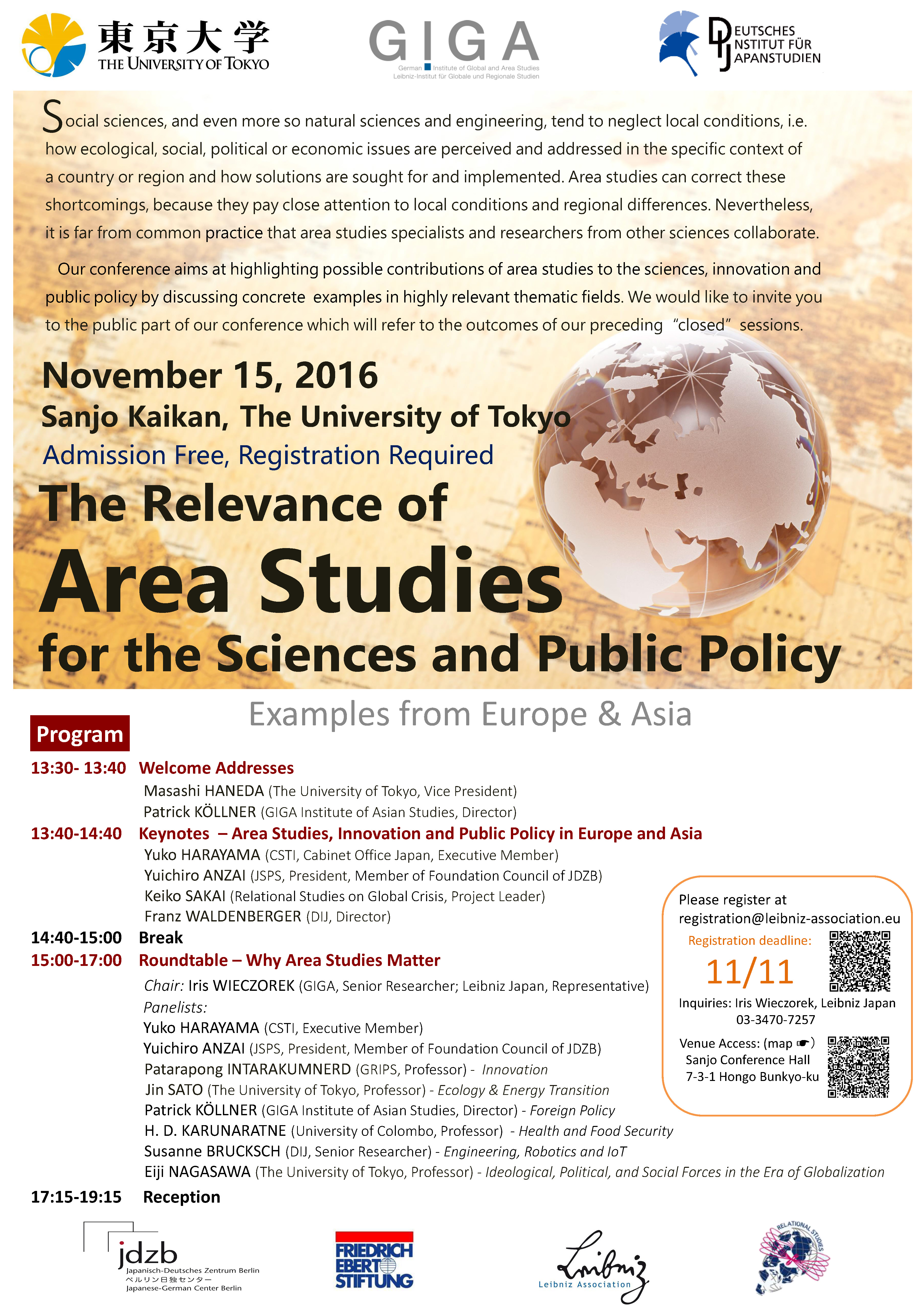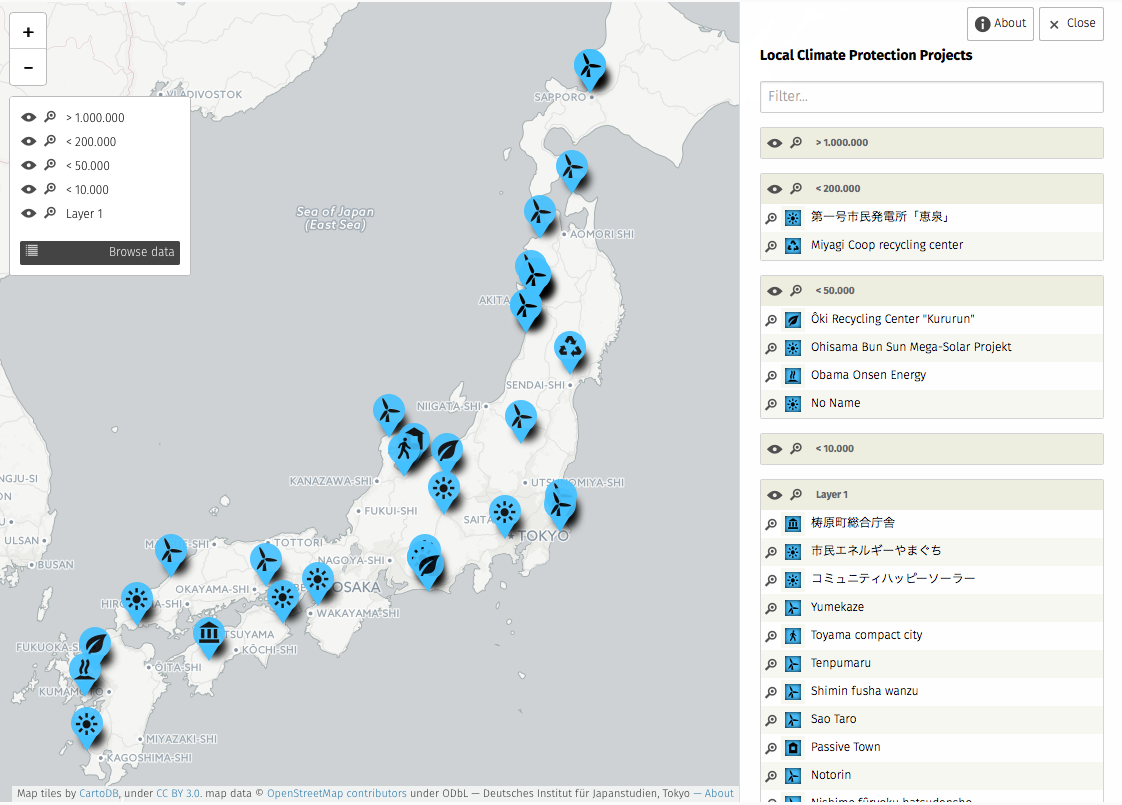Events and Activities
Emperor Hirohito from the Pacific War to the Cold War
Emperor Showa, better known in the English-speaking world as Emperor Hirohito, has been one of the most controversial figures in the history of the Pacific War. He was both sovereign of the state and commander in chief of the Japanese imperial forces; but above all, he was the manifestation of divinity and a symbol of the national and cultural identity of Japan. Yet under the Allied occupation the emperor was spared from the Tokyo war crimes trial and continued to reign in postwar Japan until his death in 1989 as “the symbol of the state and of the unity of the people” under the new democratic constitution written by the U.S. occupiers.
This talk will examine the extraordinary transformation of Emperor Hirohito from a divine monarch during the Pacific War to a humanized symbolic monarch supposedly with no political power during the occupation years (1945-1952). The talk will focus on the paradoxical role Emperor Hirohito played at home and abroad as tension between the United States and the Soviet Union escalated into the Cold War in East Asia.
Effects of Zero Interest Rate Monetary Policy on Banks and Society
In Japan, zero interest rate monetary policy and unconventional easing measures have prevailed for almost two decades. It is possible that these policies have had incisive side-effects aside from effects on inflation (expectations).
Our roundtable will focus on the implications of these measures for banks and society by way of macro-economic theory as well as empirical evidence.
Between Nostalgia and Utopia: Alternative Lifestyles in Rural Japan
The Japanese countryside has for decades seen its population shrinking and aging. But in recent years some regions have experienced an influx of new residents, urban-to-rural migrants, looking for a new life in the Japanese countryside.
This so-called I-turn trend has been increasingly covered by the popular media. Magazines and websites providing information and support for people interested in moving to rural areas suggest that life in the countryside promises a meaningful job, a good work-life-balance, a life close to nature and a small, supportive community. They evoke an image of a nostalgic picturesque ‘homeland’ (furusato), where an ‘old Japanese way of life’ has been preserved. But what story does the individual I-turner tell?
Corporate Governance – Comparing Japan and Germany

Japan’s system of corporate governance is presently undergoing profound changes. Corporate governance research has mainly focused on comparisons with the US and the UK, but there is yet another successful capitalist model, namely Germany.
Germany’s system of corporate governance also underwent great changes especially after the so-called Schroeder reforms. A comparison with Germany will provide a new perspective on the ongoing discussions about corporate governance reform in Japan.
A panel discussion undertaking an overall comparison of the two systems will conclude the symposium.
Scheduled:
November 26, 2016 | 10:00 A.M. – 6:30 P.M.
Registration deadline:
November 11, 2016
WeberWorldCafé: Diversity – Limits and Opportunities

The WeberWorldCafé is an interactive, biannual event format that brings together researchers and practitioners from various disciplines and regions who meet and exchange their thoughts in a relaxed, coffeehouse-like atmosphere.
To enrich the discussions we particularly invite students, young scholars and the interested public to participate in the talks.
Scheduled:
November 24, 2016 | 3:00 P.M. – 6:00 P.M.
Registration deadline:
November 22, 2016
The Relevance of Area Studies for the Sciences and Public Policy: Examples from Europe & Asia
 Social sciences, and even more so natural sciences and engineering, tend to neglect local conditions, i.e. how ecological, social, political or economic issues are perceived and addressed in the specific context of a country or region and how solutions are sought for and implemented.
Social sciences, and even more so natural sciences and engineering, tend to neglect local conditions, i.e. how ecological, social, political or economic issues are perceived and addressed in the specific context of a country or region and how solutions are sought for and implemented.
Our conference aims at highlighting possible contributions of area studies to the sciences, innovation and public policy by discussing concrete examples in highly relevant thematic fields. We would like to invite you to the public part of our conference which will refer to the outcomes of our preceding “closed” sessions.
Scheduled:
November 15, 2016 | 1:30 P.M. – 5:00 P.M.
Registration deadline:
November 11, 2016
Victimhood Nationalism in the Transnational Memory Space
‘Victimhood nationalism’ is a working hypothesis to explicate competing national memories over the historical position of victims in coming to terms with the past. The hereditary memory of victimhood consolidates the national solidarity beyond generations and justifies nationalism by endowing the victimized nation with the moral sympathy and historical authenticity. Without a reflection on victimhood nationalism, the postwar Vergangenheitsbewaeltigung (‘coming to terms with the past’) cannot be properly grasped.
The talk by Professor Lim will be followed by comments by Professor Horvat before the floor will be opened to the audience for a Q&A session.
Scheduled:
November 10, 2016 | 6:30 P.M. – 8:00 P.M.
Speakers:
Jie-Hyun Lim, Sogang University Seoul
Andrew Horvat, Josai International University
Deutsch-Japanisches Symposium zu Klimaschutz und regionaler Entwicklung
 Das Deutsche Institut für Japanstudien erstellt in Zusammenarbeit mit der Waseda University und mit Unterstützung der Deutschen Botschaft Tokyo eine Datenbank über lokale Klimaschutzprojekte in Japan. Das Projekt und erste Ergebnisse werden auf dem Symposium vorgestellt.
Das Deutsche Institut für Japanstudien erstellt in Zusammenarbeit mit der Waseda University und mit Unterstützung der Deutschen Botschaft Tokyo eine Datenbank über lokale Klimaschutzprojekte in Japan. Das Projekt und erste Ergebnisse werden auf dem Symposium vorgestellt.
Das Ministry of the Environment hat ebenfalls ein Projekt lanciert, das die Zusammenarbeit zwischen Deutschland und Japan auf kommunaler Ebene unterstützt, um den Wandel zu einer „klimaneutralen Gesellschaft“ zu erreichen.





 Open Access
Open Access
